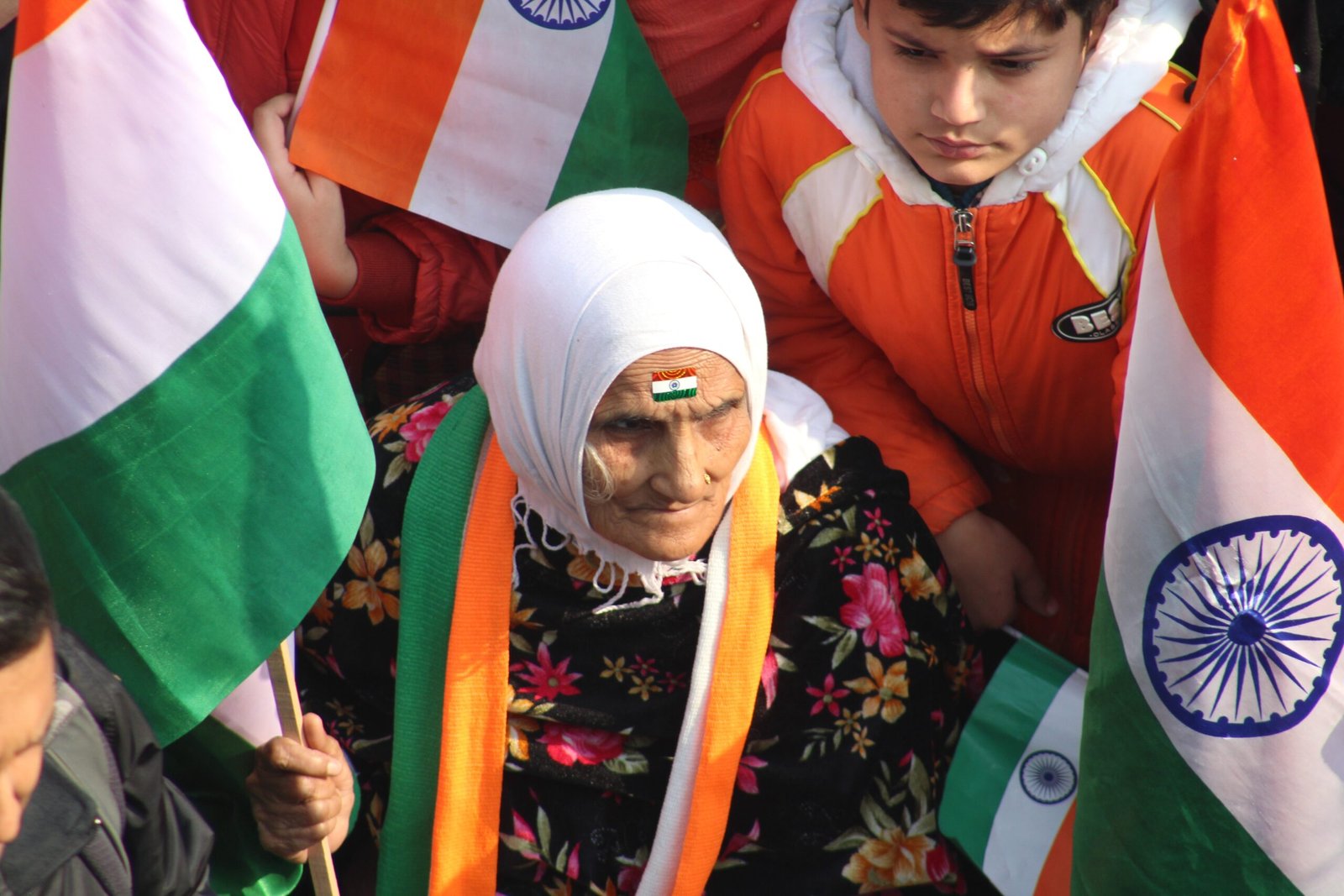***
It’s that time of the year when Usha Didi, makes a rare appearance. She once looked after my son, and though she’s too old to work now, she knows I’m her safety net.
She walks in, makes chai, and starts her usual sob stories: too many grandchildren, a jobless son, four sons-in-law, and Jamaishoshti around the corner.
Without batting an eyelid, I ask, “How much this year?”
“Boudi, prices have gone up,” she explains. “Mutton’s almost Rs 800 a kg. I also need fish – the biggest katla – and clothes.”
“And the beer?” I prompt.
She smiles shyly. “You know me too well. I’ll return the money.”
I sigh deeply. “I don’t need the money, Usha Didi. But how will you ever save for yourself if you keep spending and borrowing?”
“My happiness lies in my daughters, and to ensure that, I must keep my jamais happy,” Usha Didi declared as she made her exit with the money. I couldn’t help but marvel at the sheer scale of Jamaishoshti in every household.
***
A day for Jamais
Jamaishoshti falls on Sunday, June 1st this year. The Sunday markets, already vibrant, will explode with activity as people return home with bags brimming with fruits, vegetables, fish, and meat. Sweet shops will also see brisk sales. This is because Jamaishoshti is the day in Bengal when the Jamai—the son-in-law—is venerated, considered precious and sacred to every Bengali household.

‘Jamai’ translates to son-in-law, while ‘Shoshti’ denotes the sixth day of Shukla Paksha in the Bengali month of Jaistha.
The Legend of Goddess Shoshti
Legend has it that a woman once consumed all the household’s food and blamed the cat, enraging Goddess Shoshti, whose mount is a cat. As a consequence, the woman’s child went missing.
Now Shoshti, known as the Goddess of fertility is also the benefactor of all children. The desperate family prayed to her for the child’s return. The Goddess, mollified, brought the child back but revealed the woman’s dishonesty. Incensed, the family forbade the woman from visiting her own parents. On the subsequent Shoshti, to placate their daughter’s in-laws, her parents invited both their son-in-law and their daughter home. This gathering became a reunion, and from that day forward, this special occasion has been celebrated as ‘Jamai Shoshti.’
Beyond Myth – A Socio-Cultural Foundation
But this tradition isn’t solely rooted in myth; it also possesses a strong socio-cultural foundation. In our society, men play a very crucial role, wielding great power in their capacities as fathers, fathers-in-law, husbands, and sons.
The moment a girl marries, her parents traditionally relinquish their rights, viewing her as ‘paraya dhan’ – another’s property. Eventually, they understood that the strategy lay in keeping the ‘jamai’ happy.
In those days, married daughters rarely visited home, often only for pregnancy or emergencies. Jamai Shoshthi, however, offered a precious exception.
The girl’s family would formally invite their son-in-law, making elaborate arrangements and purchasing expensive gifts for a grand welcome. This ritual thus became the perfect ruse to bring their daughter home, even if just for a day. Far more than just celebrating the son-in-law, the day allowed the family to rejoice in togetherness and spend precious moments with their cherished daughter.
The ritual, born from a legend, was wielded as a tool to appease the son-in-law and his family.

The scale of appeasement varies from house to house, but the sentiment is unwavering: ‘In the Jamai’s happiness, lies the happiness of our daughter.’
Times have certainly changed, and women have moved forward, yet Jamaishoshti remains a massive festival in Bengal.
The Enduring Fear
Usha Didi’s rationale, expressed over many years, reveals a deep-seated fear: “I’ll go without food if necessary. I’ll beg and borrow to ensure my jamais are happy. That’s the only way they’ll look after my daughters. Otherwise, our daughters could face trouble. What if they abandon or mistreat her?”
And this fear, I realize, is universal. It’s widely believed that a married woman’s happiness stems from keeping her husband and his parents’ content. Her happiness, in a way, becomes a derived happiness. That is why even the most educated, emancipated household prefers to keep their ‘jamais’ happy.
The Glaring Imbalance
What truly strikes me as unfair is the complete absence of a festival or ritual dedicated to honouring the daughter-in-law.. Given the “God-like” status accorded to the jamai, one has to ask: is the daughter-in-law ever extended such reverence? I can count on one hand the occasions where a daughter-in-law is truly celebrated.
Bhat-Kapor: A Singular Day of Pledges and Pampering
On the day of ‘bhat-kapor,’ a post-marriage ritual, the husband ceremonially pledges to provide his wife with food (bhat) and clothes (kapor) forever. It’s a public offering of these essentials to the wife. Notably, this is often the only day the bride is formally seated, served a lavish feast and allowed to eat before the other family members.
The ‘Shaadh’ Ceremony: All for Lineage
The other occasion is the ‘shaadh’ or baby shower, where ‘shaadh’ in Bangla signifies desire. In earlier times, this ceremony was held for pregnant women during their seventh or ninth month. They would be served all their favorite foods and showered with gifts like saris, jewelry, and more. Relatives would be invited, and grand celebrations would ensue. The reason behind these rituals was simple: high mortality rates during childbirth in those times. It was a wish-fulfilment ceremony for the expectant mother. These rituals continue today, making the pregnant woman the center of attention. She is vital as she carries the family line, thus meriting such regal treatment.
Beyond these instances, I have rarely witnessed a daughter-in-law being celebrated by her in-laws. While exceptions exist, they are too few to be significant.
A Call for Introspection
This year, as you and your family celebrate Jamaishoshti, ask yourselves: Are you being treated well? Do you share the same status your husband or the Jamai enjoys? If the answer is no, perhaps it’s time to re-evaluate these rituals.
And even if you personally experience this elevated status, don’t forget that not all women share your privilege. Many, despite their education and independence, still accept being treated as second-class citizens. They allow their families to revere their jamais to insure their happiness.
We should all ponder this deeply and have the courage to call out such outdated practices. Let’s unite and speak out against inequality.
My only plea is this:
Open your eyes. Rise up, my tribe. Let’s question and put an end to this absurdity!

By Sreemati Sen
Sreemati Sen holds a Masters in Social Work from Shantiniketan. A Development Professional,
she has specialized in Psychiatric Care of Differently-abled children. Years of experience in
Social and Consumer Research are also a part of her portfolio. Her stories have been featured in
various anthologies.
She can be contacted at Sreemati123p@gmail.com.














